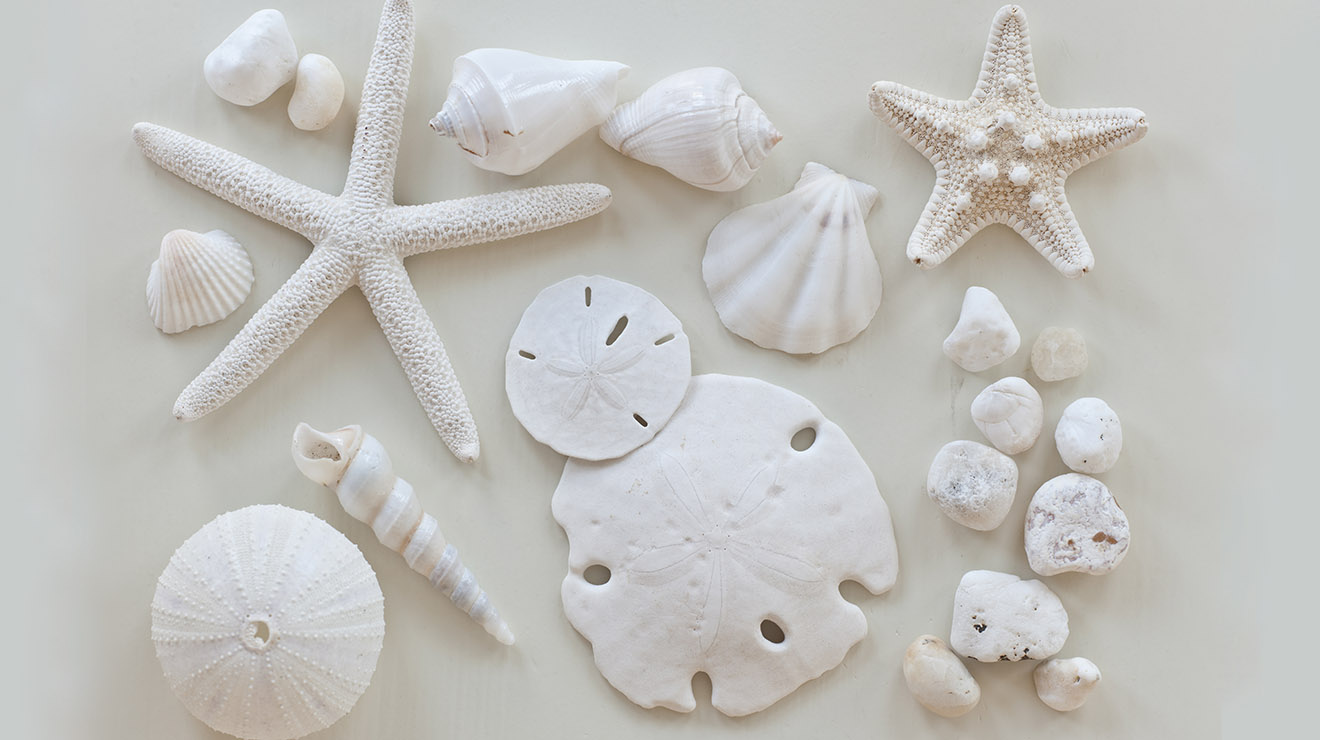It wasn’t long ago that egg freezing was considered experimental, primarily sought by patients undergoing cancer treatments who wished to preserve their fertility for the future. Interest in the procedure, from women who wish to extend their fertility due to reasons other than health concerns, has grown tremendously in recent years. There are a few reasons for this increased interest:
- Success rates have improved due to a new egg-freezing method called vitrification
- The American Society for Reproductive Medicine (ASRM) lifted the ͞experimental͟label from the procedure in 2012
- In 2014 Facebook and Apple announced they would cover the cost of egg freezing for their female employees
Many women considering egg freezing wonder if there’s an optimal age at which to freeze their eggs. The age range we recommend is 32-37, but if you are considering egg freezing we advise speaking with a reproductive endocrinologist–no matter your age–so you can get information specific to your unique situation.
For patients undergoing treatment for cancer, UNC Fertility is proud to offer expedited fertility preservation services. We are committed to seeing these patients within 48 hours of their first phone call to us. Appropriate treatment options are based on the patient’s age, cancer diagnosis, type of chemotherapy and time available before chemotherapy treatment begins. Fertility preservation options available include consultation appointments, embryo banking, egg banking and GnRH agonist treatments. Additionally, UNC Fertility provides financial support to cancer patients whose treatments present the risk of infertility.









